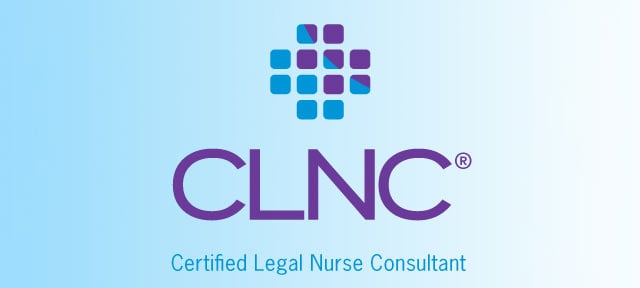Prescription Painkillers – The Next Wave of Litigation?
Statistically, high-strength painkillers are the most widely prescribed class of drugs in the U.S. This is a class of drugs that, just 15 short years ago, was mostly used for post-operative pain and pain associated with cancer. Today they’re widely used to treat just about every type of pain, with chilling consequences. Patients develop tolerance to the opioids, requiring increasingly higher dosages just to maintain the same level of pain control. Use of painkillers can turn into an addiction, with accompanying symptoms of withdrawal should a patient try and taper off.




